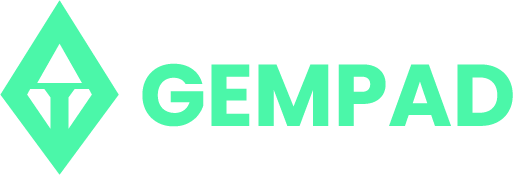Written by Stuart Foxman
Patient health records can be fragmented across multiple providers, entities and systems. Medical Veda is trying to pull it together, with a decentralized platform that uses blockchain technology. It promises to give patients more access and control around their medical information.
In the health care sector, records can be scattered among a range of providers, hospitals and clinics. They reside in different systems and can be restrictive. It can be tough for patients to get hold of the full scope of their information. Medical Veda (medicalveda.com) is making it easier.
“We’re redefining the patient journey,” says Amir Neghabian, founder of the Toronto company.
Medical Veda is a platform that allows patients to access and share their health records. The files will be encrypted, and digital keys will authenticate users (either the patients or those to which the patients give permission).
“What we’re trying to create is a digital health ecosystem,” says Neghabian.
The platform uses blockchain technology, which Neghabian says expedites the process for health care professionals and empowers patients with easier access to their information. Blockchain is essentially a decentralized digital ledger, which stores information and records transactions using cryptography. With blockchain, retrieval and distribution is smooth, secure and fast.
A decentralized platform adds protection too, says Neghabian, as centralized databases are more vulnerable to hacks.
“Veda” means knowledge in Sanskrit, and Neghabian says that knowledge is power. He envisions Medical Veda as offering multiple benefits for patients. The platform gives patients true ownership and custody of their information, with access anytime and anywhere. Patients can decide to share their information, if they want a second opinion, for example, without having to go through bureaucratic hassles.
That’s one impact. Neghabian also touts the importance of patient control. The information in medical records has a value that goes beyond the individual. Research and pharmaceutical companies, for instance, routinely seek patient data as part of their work.
Here, Medica Veda can play the role of data marketplace. All financial activities on the network will depend on a form of cryptocurrency called MVEDA. Patients aren’t just free to share information with doctors and pharmacists. They can also exchange it with clinical research institutes, pharma companies, public health authorities and the like for defined purposes. That can only happen with the patient’s approval.
These entities get direct access to patients, which saves them time and helps them get their desired data in a cost-effective manner. In return, the plan is for patients to be compensated with MVEDA tokens, which can be redeemed for various health services.
Neghabian says that Medical Veda’s system ensures that those who willingly provide their information in studies will be rewarded. Patients will have a better understanding of what’s happening with their data, and how it’s being used. At their discretion, they can choose to profit off research opportunities.
Medical Veda’s vision is to create an open-source platform that contributes to the world’s health and the medical industry.
Neghabian began research on the Medical Veda concept in 2018, seeing an opportunity to integrate blockchain in the health care space. He has a background in information technology, as a marketing product manager and management executive. Prior to launching Medical Veda, he ran a series of telecommunication companies in Australia.
Why did Neghabian set up home base across the world in Toronto? In 2019 he attended Collision in Toronto, a major tech conference, and was struck by what the city has to offer.
“I see Toronto as a hub for startups, with access to the very top talent. I really liked the support of the ecosystem here. That was one of my main motives.”










